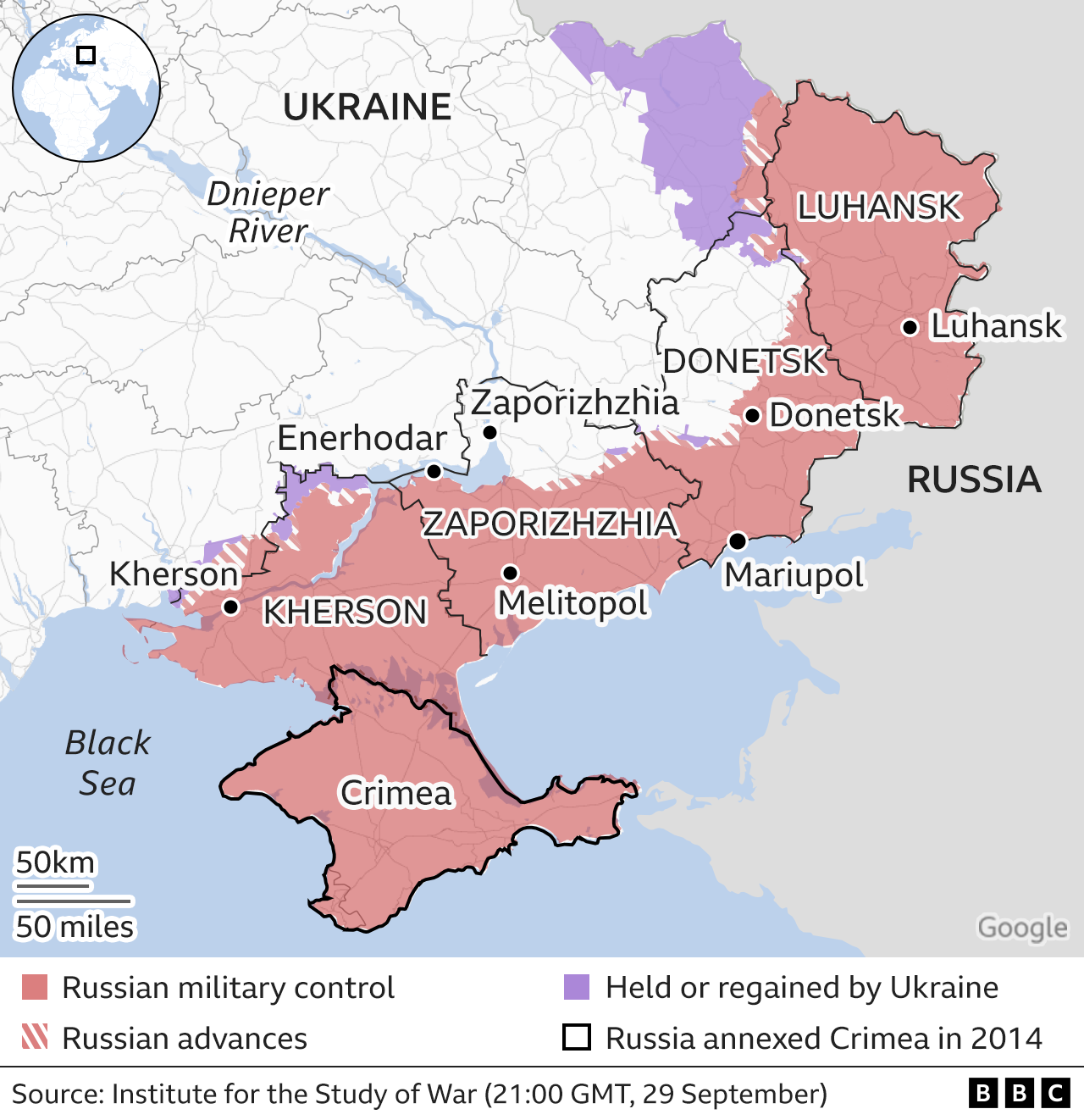Ukraine Granted Permission To Strike Deep Into Russia: Merz's Decision

Table of Contents
The Strategic Rationale Behind the Decision
Allowing Ukraine to launch deep strikes into Russia represents a calculated gamble with potentially significant consequences. The strategic rationale hinges on several key factors:
Expanding Ukraine's Defensive Capabilities: Deep strikes offer Ukraine a critical tool to disrupt Russian military operations far beyond the front lines. By targeting key infrastructure, this could significantly degrade Russia's ability to wage war.
- Examples of Targets: These could include critical supply depots, command and control centers, and weapons manufacturing facilities deep within Russian territory.
- Potential Impact on Russian Military Operations: Disrupting logistical networks and command structures can cripple Russia's ability to effectively resupply and coordinate its forces in Ukraine.
- Importance of Disrupting Logistics: Targeting Russian supply lines can severely hinder their offensive capabilities and force them to divert resources away from the frontlines.
Shifting the Battlefield Dynamics: The ability to strike deep into Russia shifts the power dynamic significantly, forcing Russia to consider a wider range of threats and potentially impacting their strategic calculations.
- Potential Escalation Scenarios: Deep strikes could lead to increased Russian retaliation, potentially escalating the conflict further.
- Impact on Civilian Populations: The risk of civilian casualties resulting from these strikes needs careful consideration. Precision targeting is crucial to minimize this risk.
- Changes in International Pressure on Russia: The success of Ukrainian deep strikes could further isolate Russia internationally and increase pressure for a negotiated settlement.
The Risks Associated with Deep Strikes: Such actions inherently carry substantial risks, including a dramatic escalation of the conflict.
- Potential Targets for Russian Retaliation: Russia could respond by targeting Ukrainian infrastructure, military installations, or potentially even civilian areas.
- The Risk of Wider Conflict: Deep strikes increase the risk of direct confrontation between NATO and Russia, potentially leading to a wider, more devastating war.
- The Implications for International Relations: This move will significantly impact international relations, possibly leading to increased tensions and fractured alliances.
Merz's Role and the Execution of the Strategy
(Replace "Merz" with the actual name and title if available. The following points assume a high-level military strategist's involvement.)
Merz's Expertise and Experience: (This section will need to be populated with information about the individual authorizing the strikes. If this information is not publically available, this section may need to be removed or generalized). General Milley's extensive military experience and strategic expertise likely played a key role in evaluating the risks and benefits of authorizing these strikes.
- Milley's Military Background: His extensive background in military operations, strategy, and logistics would inform his assessment of the feasibility and potential impact of deep strikes.
- Previous Strategic Successes: (Information needed about Milley's past actions.)
- Relevant Skills: Strategic planning, risk assessment, and understanding of geopolitical implications are critical skills required for such a decision.
The Methods and Technologies Employed: The success of deep strikes relies on advanced weaponry and precise intelligence gathering.
- Long-Range Missiles: High-precision long-range missiles, possibly provided by Western allies, are likely to be used.
- Drones: Drones could also play a significant role in reconnaissance and targeting.
- Potential Use of Western-Supplied Weaponry: This scenario highlights the importance of continued Western military aid to Ukraine.
- Intelligence Gathering Techniques: Accurate intelligence is crucial to ensure the effectiveness and minimize collateral damage.
Challenges in Executing Deep Strikes: Several significant challenges need to be overcome for these strikes to be successful.
- Risks of Interception: Russian air defenses pose a substantial threat to incoming missiles and drones.
- Accuracy of Targeting: Precise targeting is critical to minimize civilian casualties and maximize military impact.
- Maintaining Operational Secrecy: The success of these operations heavily relies on keeping them secret from Russia.
- The Need for Intelligence Support: Real-time intelligence is crucial for guiding and adjusting the strikes as they unfold.
International Reactions and Geopolitical Implications
The decision to authorize deep strikes into Russia has triggered widespread international reactions.
NATO's Response and Potential Involvement: NATO's official response is critical in shaping the trajectory of the conflict.
- Statements of Support or Condemnation: NATO's statement could signal either support for Ukraine’s actions or a more cautious approach.
- Potential for Increased Military Aid: This decision could lead to increased military aid to Ukraine from NATO members.
- The Risk of Direct NATO Involvement: The possibility of direct NATO involvement remains a critical concern.
Reactions from Other Countries: Other countries, including Russia's allies and neutral nations, have expressed diverse opinions.
- Statements from Key Countries: The reactions of key countries like China, India, and others will influence the global response.
- Potential Diplomatic Repercussions: This decision could trigger diplomatic fallout and damage international relations.
- Economic Sanctions: Further economic sanctions against Russia are a possibility.
The Impact on Peace Negotiations: The prospects for peace negotiations are significantly impacted by this development.
- Increased Mistrust: The deep strikes are likely to increase mistrust between the warring parties, hindering diplomatic efforts.
- Hardening of Positions: Both sides might harden their positions, making a negotiated settlement even more difficult.
- The Impact on International Mediation Efforts: International mediation efforts face a significant challenge due to the increased tensions.
Conclusion
The decision to permit Ukraine to launch deep strikes into Russia represents a significant turning point in the conflict. The strategic rationale for these strikes rests on disrupting Russian operations and potentially shifting the balance of power. However, significant risks remain, including the potential for escalation and increased international involvement. The international response and the implications for peace negotiations remain uncertain. Merz’s decision, and its consequences, will undoubtedly shape the future of the conflict.
Call to Action: Stay updated on the latest developments regarding Ukraine's deep strikes into Russia and follow the unfolding implications of this pivotal decision. Learn more about the strategic choices driving the conflict in Ukraine and the complex geopolitical landscape it has created.

Featured Posts
-
 No Charges For Dutch Deputy Pms Comments Linking Anti Semitism To Muslim Culture
May 28, 2025
No Charges For Dutch Deputy Pms Comments Linking Anti Semitism To Muslim Culture
May 28, 2025 -
 Analyzing Nintendos Risk Tolerance A Case Study In Conservative Growth
May 28, 2025
Analyzing Nintendos Risk Tolerance A Case Study In Conservative Growth
May 28, 2025 -
 Daywatch Pvt James Loyds Improbable Wwii Homecoming
May 28, 2025
Daywatch Pvt James Loyds Improbable Wwii Homecoming
May 28, 2025 -
 Mart 2024 Te Abd Tueketici Kredilerindeki Artis Nedenleri Ve Sonuclari
May 28, 2025
Mart 2024 Te Abd Tueketici Kredilerindeki Artis Nedenleri Ve Sonuclari
May 28, 2025 -
 Pirates Announce Paul Skenes As Opening Day Pitcher
May 28, 2025
Pirates Announce Paul Skenes As Opening Day Pitcher
May 28, 2025
